JJ Burnam — Tulsa PLAC Co-Founder
The coach calls a timeout and the quarterback walks to the sideline. “What’s the call, Coach? We’ve got great field position, good momentum, a cheering home crowd. How do we keep moving the ball down the field?”
The coach gives it some thought, and then says something truly unexpected: “Let's throw an interception.”
Not exactly a winning strategy. Yet that's exactly what the Oklahoma Legislature wants to do with House Bill 2621 and Senate Bill 407. These two bills aim to throw more public money to private schools, an interception that deprives Oklahoma public schools of the additional funding they so desperately need.
There are multiple problems with Opportunity Scholarships, the first being the interception of state revenue. Rebecca Fine’s excellent analysis for OK Policy Institute sums it up well:
“These tax-subsidized scholarships to private schools do not promote equal educational opportunity. Instead, they channel tax money that could be used to fund public schools to pay private school tuition. Passing SB 407 or HB 2621 would mean backtracking on progress made last session, which increased tax dollars for public education. Today, public schools have 54,000 more students than they did in 2008, but due to tax cuts and budget shortfalls, they have $180 million fewer dollars to serve those students. Last year’s teacher pay raise was a great step forward, but Oklahoma schools still have far to go to be properly funded.”
These private school scholarships also suffer from an unsettling lack of transparency. Opportunity Scholarships involve an individual or a business donating money to a Scholarship Granting Organization (SGO). The SGO is entitled to keep up to 10% of the donation for administrative costs, and then funnel the donation (less the admin fee) to the private school.
OK Policy’s Rebecca Fine, once again, explains the transparency problem well:
“SGOs do not have to report the total amount of donations they receive or how much they award to participating schools. Nor do SGOs report the number of students receiving a scholarship who previously attended a public school.”
And that final point is key -- how do we know that a child receiving the intercepted state revenue needed the money? Without regular and transparent financial reporting, the public is in the dark about whether Opportunity Scholarships are simply subsidizing families who were already paying for private schools.
A fully-funded public education system is the most equitable opportunity for our kids. And “fully-funded” means living up to the promise of Oklahoma’s Education Reform Act of 1990 (HB1017). This landmark public education package called for smaller class sizes and competitive teacher pay, and the funding to back it up. Unfortunately, legislation has chipped away at the gains of HB1017 over the last 29 years.
While Oklahoma did make great gains in public education funding in 2018, the end zone is still a ways off. We’ve got a battered and bruised team of educators on the field who suit up every day to fight for each one of the nearly 700,000 kids in their care. Until we have appropriate student-teacher ratios … until we have more education and support professionals in our school buildings … until those professionals are paid an attractive and competitive wage … Until then, it is worth our time and energy as public education advocates to stand up and say NO to these giveaways that diminish the resources available to Oklahoma’s children.
We can't let the coach call for an interception. We must keep moving the ball down the field and we need our legislature to call smart plays to get us there. Ask your legislator to vote NO on HB2621 or SB407.
#WhatsTheCallCoach
- JJ Burnam, Tulsa PLAC
Burnam is a public school parent and advocate from Tulsa, OK, and a 2018 candidate for OK House District 70.
Full OK Policy Report: https://okpolicy.org/increasing-the-scholarship-tax-credit-hurts-public-schools-and-benefits-affluent-oklahomans/

